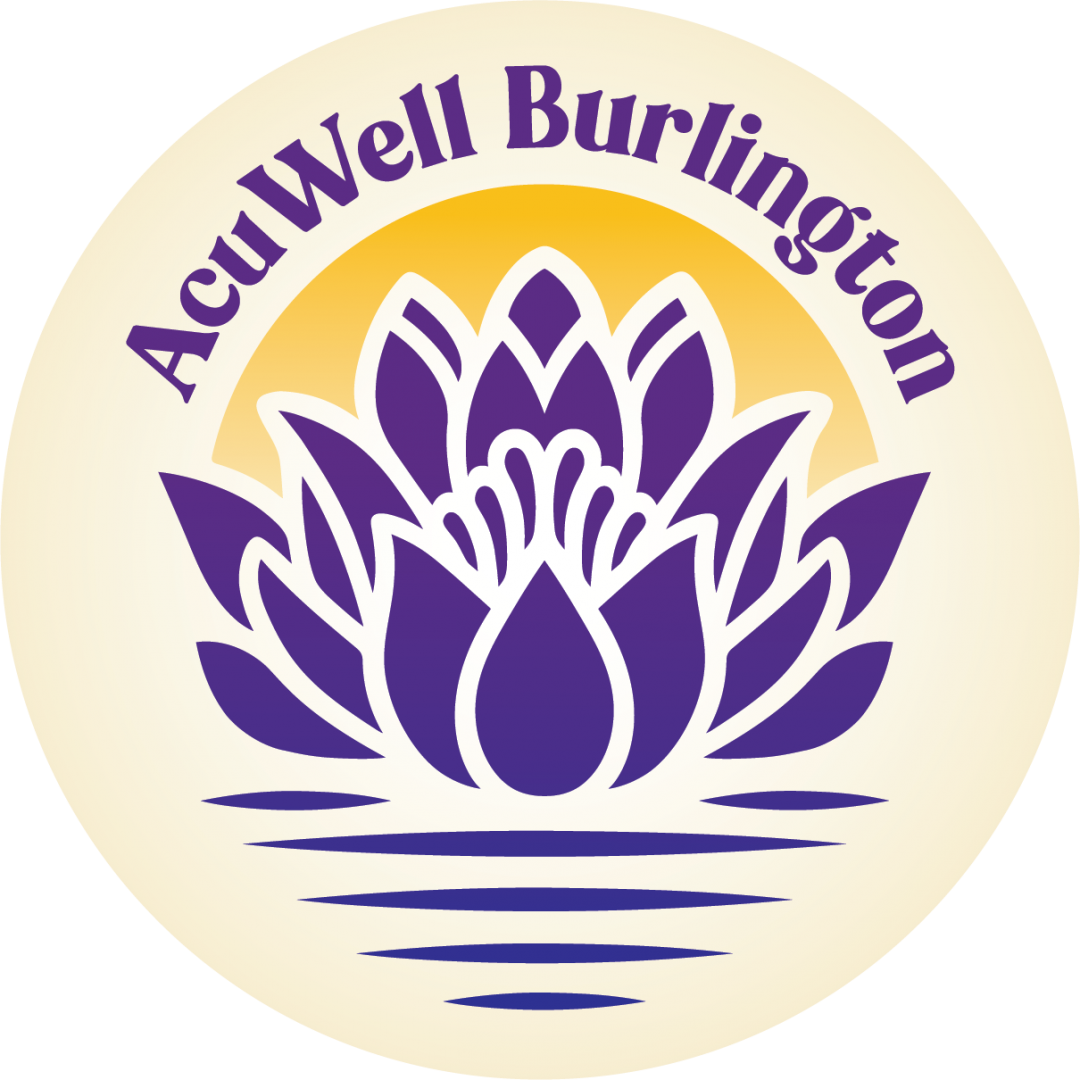Frequently Asked Questions
What is Acupuncture?
 Several thousand years ago, East Asian practitioners discovered that the body forms disharmonies in response to the various physical and mental stresses of life. Asian medical theory explains these disharmonies as an imbalance of opposing forces called yin and yang. This imbalance disrupts the movement of the body’s vital energy (qi) along the meridian pathways, which are channels through which the body’s energy flows. Acupuncture restores the smooth flow of qi. By inserting and manipulating hair-thin needles at specific points, we can promote the body’s ability to heal itself and help return the body to its naturally balanced state.
Several thousand years ago, East Asian practitioners discovered that the body forms disharmonies in response to the various physical and mental stresses of life. Asian medical theory explains these disharmonies as an imbalance of opposing forces called yin and yang. This imbalance disrupts the movement of the body’s vital energy (qi) along the meridian pathways, which are channels through which the body’s energy flows. Acupuncture restores the smooth flow of qi. By inserting and manipulating hair-thin needles at specific points, we can promote the body’s ability to heal itself and help return the body to its naturally balanced state.
Is Acupuncture Safe?
Yes. Millions of Americans use acupuncture every year, for a multitude of physical, mental, and emotional ailments. Acupuncturists are required to undergo extensive education, including detailed study of human anatomy and training in Clean Needle Technique. AcuWell Burlington’s owner has passed comprehensive national board examinations administered by the National Certification Commission for Acupuncture and Oriental Medicine (NCCAOM) and is licensed by the State of Vermont. As required by law, she uses pre-sterilized, disposable, single-use needles to ensure complete safety.
What Does Acupuncture Feel Like?
 Many first-time patients worry that acupuncture needles feel like the hypodermic injections they receive at the doctor’s office. Because acupuncture needles are very thin and aren’t meant to go into veins, the discomfort of having needles inserted is almost non-existent. Acupuncture uses hair-thin, flexible needles that are often not even felt when inserted.
Many first-time patients worry that acupuncture needles feel like the hypodermic injections they receive at the doctor’s office. Because acupuncture needles are very thin and aren’t meant to go into veins, the discomfort of having needles inserted is almost non-existent. Acupuncture uses hair-thin, flexible needles that are often not even felt when inserted.
Sometimes, however, when the needles are gently stimulated, they produce a unique sensation that Traditional Asian Medicine calls de qi. Patients often describe de qi as a heavy, achy pressure or a spreading, traveling feeling. You may also feel a tingly or electrical sensation moving through the meridian pathways. Most patients find these acupuncture sensations deeply satisfying and leave the treatment feeling both mentally and physically relaxed. It is important to note that you should inform your acupuncturist anytime a sensation is uncomfortably intense or painful. They can modify the treatment plan so you remain comfortable.
How Many Treatments Will I Need?
The benefits of acupuncture are cumulative, so more than one treatment is usually necessary. For acute conditions, you can expect to have ten to fifteen treatments, but you will usually begin to feel relief after just the first few. Chronic conditions may take longer to respond, depending on the type, severity, and duration of the condition. Preventative treatments and treatments for general well-being may also be scheduled on an as-needed basis.
How Often Should I Receive Treatments?
The frequency of treatments depends upon the symptoms and condition of the patient. For preventative and general well-being appointments, often once a month is enough. For more acute conditions, weekly appointments may be necessary until conditions approve. Gentle massage may be done weekly, however with deeper work such as cupping, longer recuperation times are usually required.
What Can Acupuncture Treat?
 Acupuncture works by activating the body’s own healing powers, so it can be beneficial for many health conditions. The World Health Organization (WHO) has documented many symptoms, diseases, and conditions that have been effectively treated with Acupuncture in controlled clinical trials. Below are some common conditions that can be treated, but please feel free to call about your specific health condition.
Acupuncture works by activating the body’s own healing powers, so it can be beneficial for many health conditions. The World Health Organization (WHO) has documented many symptoms, diseases, and conditions that have been effectively treated with Acupuncture in controlled clinical trials. Below are some common conditions that can be treated, but please feel free to call about your specific health condition.
Pain
• Sports injuries • Muscle pain • Back, neck, and shoulder pain • Leg, ankle, and foot pain
• Arm, wrist, and hand pain • Knee pain • Hip pain • Carpal tunnel syndrome • Tennis elbow • Repetitive strain injuries • Jaw pain, such as TMJ • Dental pain • Sciatica • Arthritis • Tendonitis • Myofascial pain syndrome, including Fibromyalgia • Headaches and migraines • Postoperative pain
Respiratory Complaints
• Sinusitis • Allergies
• Digestive Issues & Nausea
• Heartburn • Acid Reflux • Irritable Bowel Syndrome (IBS) • Chronic indigestion
• Chronic loose stools or constipation • Peptic ulcer • Acute and chronic gastritis
• Morning sickness • Nausea and vomiting
Mental and Emotional Well-being
• Stress • Anxiety • Insomnia • Depression
Reproductive Issues
• Infertility • Increased efficacy of In Vitro Fertilization (IVF)

28 Howard St, Ste 210
Burlington, VT 05401
802-777-7817